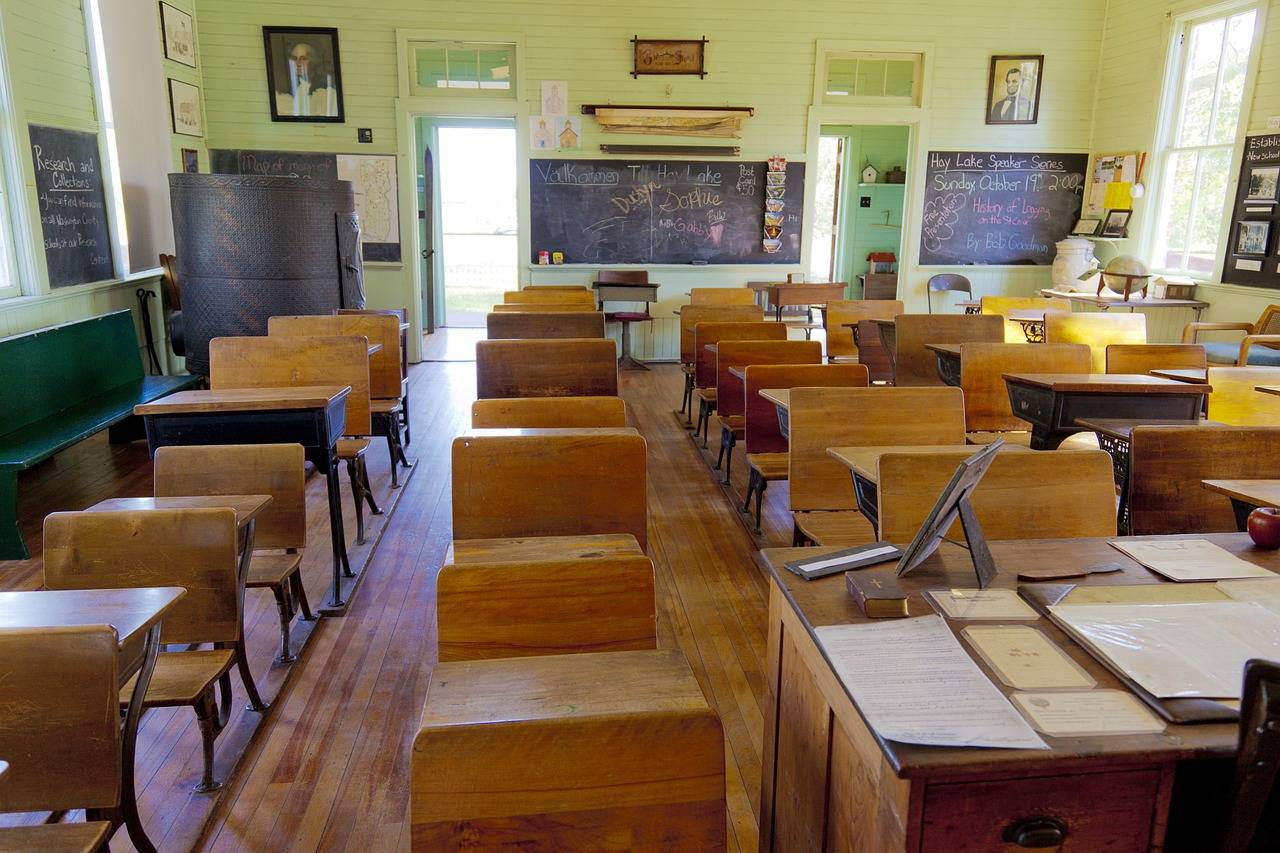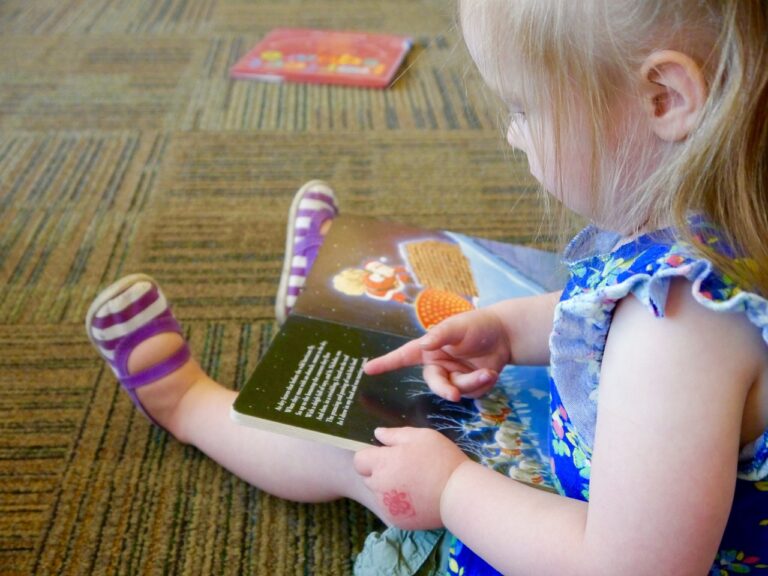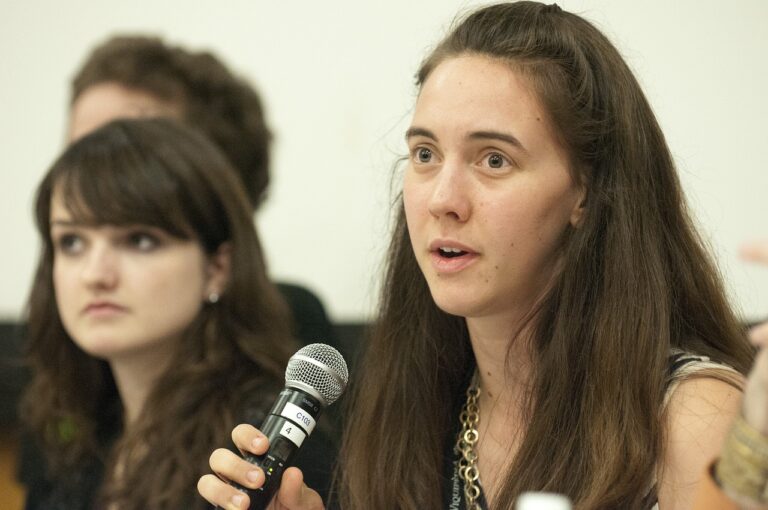Education in a Post-Pandemic World
Navigating the shift to new learning models can present a range of obstacles for educators. The sudden transition to online platforms may leave teachers feeling overwhelmed and uncertain about how to effectively engage students in a virtual setting. One key challenge is the need to quickly adapt teaching methods and materials to suit the online environment, requiring educators to rethink their approach to delivering lessons and assessing student understanding.
Furthermore, the technological demands of new learning models can pose a significant hurdle for educators, especially those who may not be as familiar or comfortable with digital tools. From troubleshooting technical issues to ensuring all students have access to necessary resources, teachers are faced with the added responsibility of not only mastering new technologies themselves but also supporting students in acclimating to online learning platforms.
The impact of remote learning on student engagement and performance
The sudden shift to remote learning brought about by the COVID-19 pandemic has posed significant challenges for both educators and students. One of the key concerns that has emerged is the impact of this transition on student engagement and academic performance. Without the structure and routine of traditional in-person classes, many students have struggled to stay motivated and focused in a remote learning environment.
The lack of face-to-face interaction with teachers and peers has also affected student engagement. Virtual classrooms can sometimes feel impersonal and isolating, making it harder for students to actively participate in discussions and ask questions. This decreased interaction can ultimately lead to a decline in student performance as they may not be receiving the same level of support and guidance that they would in a physical classroom.
How do educators adapt to new learning models in remote learning?
Educators face challenges in adapting to new learning models through training, technology integration, and finding ways to engage students virtually.
What impact does remote learning have on student engagement?
Remote learning can impact student engagement by creating barriers to interaction, collaboration, and motivation, leading to decreased participation and attentiveness.
How does remote learning affect student performance?
Remote learning can affect student performance by causing difficulty in accessing resources, receiving support, and maintaining focus, potentially leading to lower academic achievement.
What strategies can educators use to improve student engagement in remote learning?
Educators can improve student engagement in remote learning by incorporating interactive activities, providing regular feedback, fostering communication, and creating a supportive online learning environment.
How can students overcome challenges in remote learning to enhance performance?
Students can overcome challenges in remote learning by developing time management skills, seeking help when needed, staying organized, and actively participating in virtual classes and discussions.





